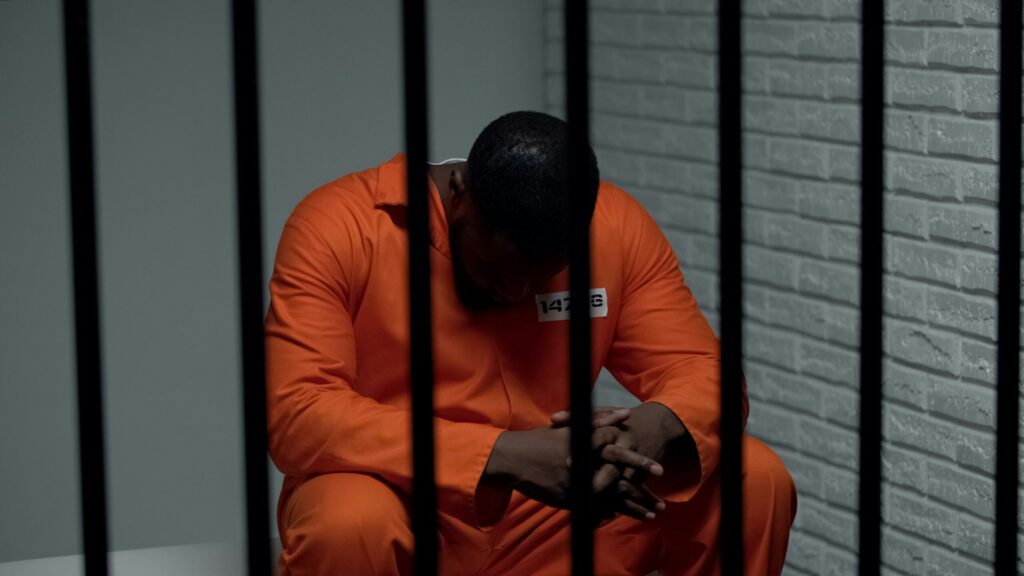In a significant breakthrough in U.S.-Russia relations, a historic prisoner exchange was carried out on August 1, 2024, at Ankara Esenboğa Airport, marking the largest such exchange since the Cold War. This diplomatic move has garnered widespread attention as 26 individuals were released, including two high-profile American detainees: Paul Whelan and Evan Gershkovich. Both men had been imprisoned in Russia on charges of espionage, with Whelan detained for over four years and Gershkovich arrested just months before the exchange.
The timing of the exchange comes amid growing international scrutiny over the state of relations between the two superpowers. While tensions over geopolitical conflicts have persisted for years, the event signals a momentary easing of the cold diplomatic standoff. The release of Whelan and Gershkovich, both of whom had become symbols of the ongoing U.S.-Russia rivalry, was widely hailed as a success in diplomacy.
U.S. officials expressed profound relief at the outcome, and President Joe Biden was quick to acknowledge the significance of the exchange. “This exchange is a testament to the power of diplomacy and the commitment to bringing our citizens home,” President Biden remarked. His statement resonated deeply within both the American public and the broader international community, as the move highlighted the enduring importance of negotiation and dialogue, even in the face of enduring political conflict.
The diplomatic maneuver also included the release of several Russian nationals, though the specific details of their charges and crimes remain less publicized. This mutual agreement of releasing citizens from both nations was seen as an effort to foster trust and open lines of communication, even if temporarily, amidst an atmosphere of mutual suspicion.
The exchange took place quietly under tight security measures, but its impact is being felt globally. For the families of Whelan and Gershkovich, this moment marks a long-awaited reunion and a triumph after enduring years of uncertainty and hardship. Whelan’s family, who had been outspoken in their calls for his release, expressed profound gratitude toward the U.S. government for its persistence and diplomatic efforts.
The exchange also serves as a reminder that even amid the deepest divides between nations, diplomacy can provide opportunities to resolve crises. While the U.S. and Russia continue to disagree on numerous fronts, this prisoner swap exemplifies the possibility of finding common ground in areas of shared interest. The event has brought a rare instance of cooperation, symbolizing the potential for dialogue despite underlying conflicts.
As both sides move forward, the hope is that this exchange might lead to further discussions on improving diplomatic ties, even in a time of global tension. For now, the focus remains on the successful release of those detained, which stands as a victory for diplomacy, humanity, and the resilience of international negotiation.


